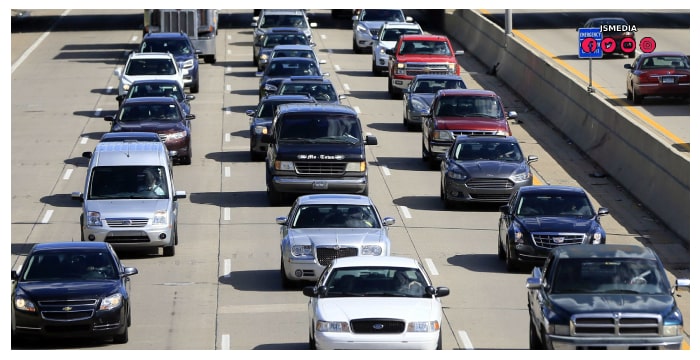JSMedia – No fault auto insurance reform is the best way to lower rates for Michigan drivers. But it’s not a panacea. According to the Insurance Information Institute, as many as 20% of drivers in the state don’t have the minimum required coverage. If you want to get the best deal, you should be aware that Michigan’s no-fault system is a mess. In addition to the high rate of uninsured motorists, you should also be aware that the state has banned insurers from using credit scores to determine whether to offer you a policy.
In the past, Michigan drivers were forced to purchase unlimited personal injury protection. This coverage was designed to cover expensive medical care over the course of your lifetime. In fact, the cost of such care is estimated to be millions of dollars. But starting July 1, 2020, drivers will be able to choose the level of medical coverage they want. Depending on the amount of medical coverage they want, they can expect to pay a higher premium.
The best way to get lower rates is to shop around. You can use online comparison websites to compare rates and find the best one for you. While there’s no silver bullet, comparing quotes will help you to save a substantial amount of money without compromising on the protection you need. And, if you are looking to protect yourself and your assets, you must have a plan. Remember, there are plenty of ways to lower your rates.
Guess What Michigan’s Auto Insurance is Still A Mess

The 2019 auto insurance law, enacted by Gov. Gretchen Whitmer, lowers auto insurance rates and includes a refund mechanism for those who don’t have enough coverage. The refundable portion of the insurance premium is set to be issued in 2022, after an independent audit. However, some experts estimate that these refunds will be as much as $700 for each driver. If you’re not eligible for a refund, wait until points on your record have disappeared from your driving record and contact your insurer.
The state is not doing a very good job of keeping track of the number of uninsured drivers on the road. While the collision rate in Detroit is about the same as in suburban areas, the PIP claims are almost double that of their suburban counterparts. No surprise, Michigan’s average collision rate is about the same as the state average. The PIP claim in a Detroit suburb is about the same as the one in a rural area.
If you’re not a driver in Michigan, you don’t need to do anything. The state claims association has submitted a plan to the state insurance department. It will then transfer the excess funds to the insurance companies. But before the refund checks can be issued, the insurers have 60 days to refund Michigan residents. In most cases, it’s enough to give them a full refund to their customers.

